
Main Page
Alphabetical Menu
Chronological Menu
|
Finding Joy 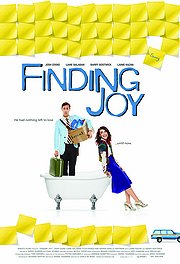 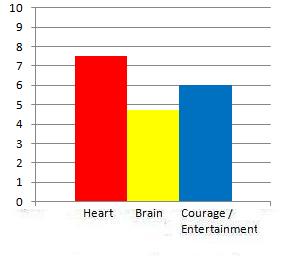 Lost & Found in Armenia 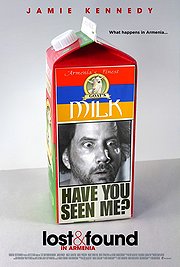 Bill (Jamie Kennedy), an American tourist, vacations with his friends in Turkey. While parasailing, he accidentally ends up in Armenia after part of his parasail gets entangled on a small airplane. He falls and crashes right into a barn in a small Armenian village where he's mistaken for Turkish spy. Bill only speaks English fluently, but no one understands English---not even the village's leader Ahmed (Serdar Kalsin) or Matsak (Mikael Pogosyan), the old man who interrogates him while holding him hostage. Who does know English in the village? A young Armenian woman, Ani (Angela Sarafyan), the granddaughter of Matsak who happens to be back in Armenia after studying at college. She's his only hope of communicating with the villagers and persuading them that he's merely an American tourist, not a Turkish spy. Lost & Found in Armenia works as a mildly funny, harmless comedy of errors. You may not find yourself laughing out loud until it hurts, but for the most part you'll be amused and giggling at silly events that transpire to the villagers as they confuse Bill for a spy. Director/co-writer Gor Kirakosian could have upped the ante with more comedy, wit, irreverence and outrageousness, although, admittedly, there's much more of those first two elements than in most Hollywood films these days---see This is the End for an example of how modern comedies could be so juvenile, asinine, witless, tedious, mean-spirited and consistently unfunny. Jamie Kennedy gets his chance to briefly show his comedic chops here, but the real surprise is how the actors who play the Armenians, , especially Mikael Pogosyan, bring terrific comedic timing and charisma to the screen. Underneath the silly comedy in Lost & Found in Armenia lies some warmth and tenderness. No, that warmth and tenderness doesn't come from the contrived, unnecessary subplot of romance between Bill and Ani. What she sees in him that makes her fall in love with him is either a mystery, a plot-hole or both. Instead, it comes from the interactions between the villagers and, eventually, toward Bill as they gradually accept that fact that he's merely an American tourist. Moreover, director Gor Kirakosian moves the film along at a fast enough pace so that you're not totally bored whenever the film shies away from comedy. 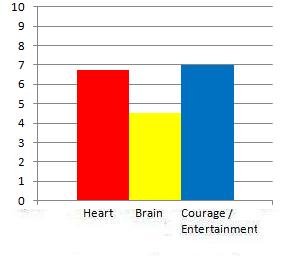 Much Ado About Nothing 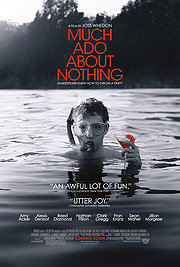 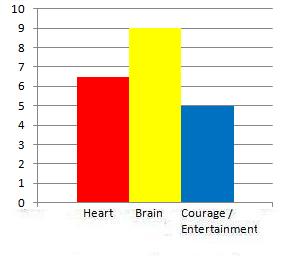 One Mile Above 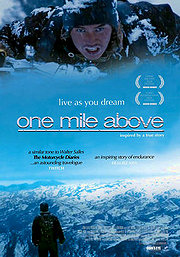 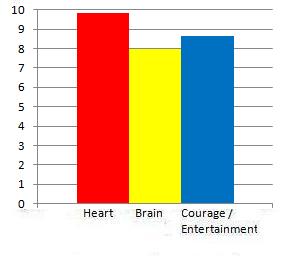 The Prey 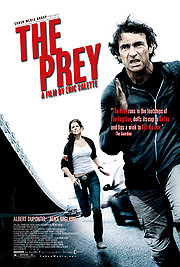 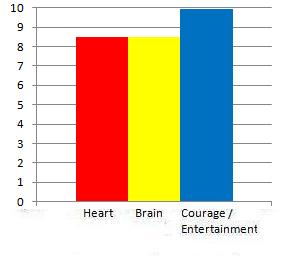 The Rambler 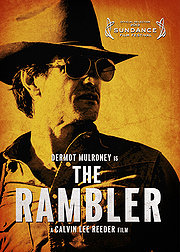 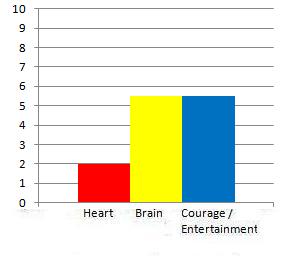 Rapture-Palooza 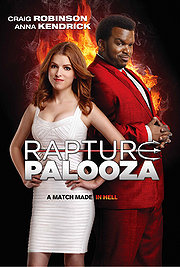 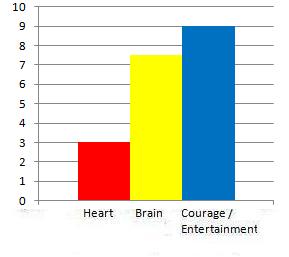 Tiger Eyes 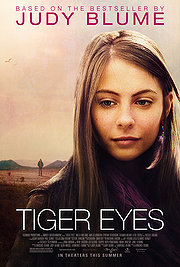 Based on the novel by Judy Blume, Tiger Eyes centers around Davey (Willa
Holland), a 17-year-old girl who has yet overcome the recent death of her father. Her mother, Gwen (Amy Jo
Johnson), drives her and her younger brother, Jason (Lucien Dale), from their home in Atlantic City to Los
Alamos, New Mexico to temporarily live with her aunt, Bitsy (Cynthia Stevenson), and uncle, Walter (Forrest
Fyre). While exploring the outdoors, Davey bumps into a slightly older Native American guy, Wolf (Tatanka Means), who becomes her good friend and, perhaps, more than just a friend. She befriends Jane (Elise Eberle), a quirky girl from school. Both Wolf and Davey share something in common that further strengthen their friendship. The cinematography also adds a further layer of richness to the film while not going overboard with the picturesque scenery. Sure, the town of Los Alamos becomes a character in and of itself, but Tiger Eyes still remains a drama driven by its human characters throughout. Blume could have made the film a little darker at times instead of slightly sugar-coating or oversimplifying the innate struggles of Davey, but, to be fair, by shying away from delving deeper into those dark elements, he makes the film easily palatable for all ages. The flashback scenes with Davey's father work well for the most part. What sinks the film from being a truly inspirational experience is its rather rushed third act because Davey's transformation from an emotionally scarred, confused young woman to a happy, tranquil, wiser one happens in a rather pedestrian and inorganic fashion as if Blume were in a hurry to reach the ending. The scenes before the third act feel authentic and engrossing, though, so at least Tiger Eyes has that major strength to buoy the film. 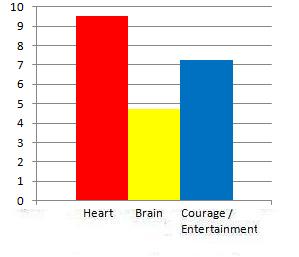 Violet & Daisy 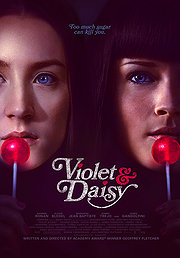 Violet (Alexis Bledel) and Daisy (Saoirse Ronan) may look like average, innocent
teenagers, but there's much more to them than meets the eye. When not attending school, they work as assassins who dress up in all sorts of outfits, i.e. nun uniforms, while going on their killing sprees. They need to money to buy Sunday Barbie dresses that they're crazy about. Their boss (Danny Trejo) gives them an assignment to kill Michael (James Gandolfini), but that doesn't quite go the way they hoped it would when they run out of ammo, their target happens to be suicidal and even goes to the extent of baking them cookies. Writer/director Geoffrey Fletcher has made a dark comedy that, for the most part, provides some mindless entertainment for 90 minutes. The concept of two seemingly innocent girls committing acts of violence feels subversive, bold and fresh. Violet & Daisy sets its tone from the very first scene showing the two girls' on an assignment while dressed as nuns. Whenever the film veers into action and dark comedy, it becomes quite diverting in a guilty pleasure sort of way. When the action settles down into mere drama as Violet and Daisy get to know Michael, the film gradually loses steam along the way. Fletcher doesn't explore the minds of Violet and Daisy profoundly enough for you to be emotionally invested in their lives, and when he does briefly try to add some depth to the film, it comes across as tacked-on rather than smooth and organic. What keeps you from being bored during the dramatic scenes that fall flat are the decent performances by Alexis Bledel, Saoirse Ronan and James Gandolfini, each of whom is well cast in their particular role. Moreover, a twist or two later in the second act adds a layer of complexity to the film which won't be spoiled here. If Fletcher were to write a wiser, more sensitive screenplay or taken more risks, perhaps Violet & Daisy wouldn't feel so tonally uneven. 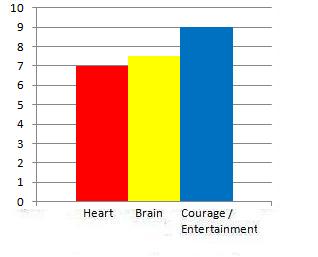 Main Page Alphabetical Menu Chronological Menu ______________________________________________________ |
The NYC Movie Guru
themovieguru101@yahoo.com
Privacy Policy